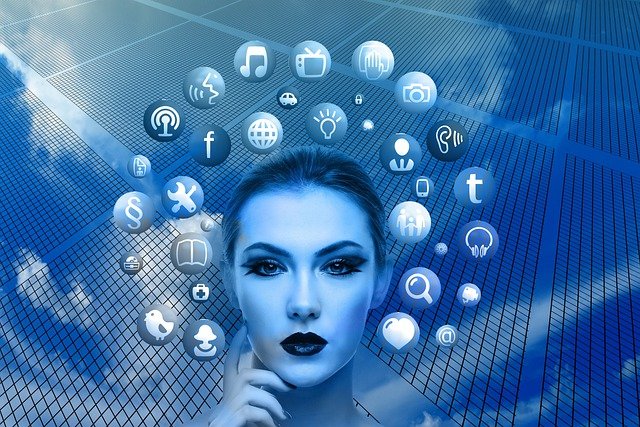We’ve all heard stories of people getting into trouble because of something they posted on social media. Sometimes it’s something harmless that is taken the wrong way, other times it’s something more serious that leads to real-world consequences. In either case, it’s important to be aware of the dangers of social media before you dive in headfirst.
What is Social Media?
Social media refers to any website or app that allows users to create and share content or communicate with each other online. Some popular examples of social media platforms include Facebook, Twitter, Instagram, Snapchat, and LinkedIn.
While social media can be a great way to stay connected with friends and family, it can also be a breeding ground for drama and negativity. It’s important to be aware of the dangers of social media before you start using it.
The Dangers of Social Media:
1. Cyber bullying
2. Cat fishing
3. Doxxing
4. Trolling
5. Impersonation
6. Identity theft
7. Privacy breaches
8. Data mining
9. Addiction
10. Mental health problems
Cyberbullying:
Cyberbullying is when someone uses social media to harass, threaten, or embarrass another person. It can be done anonymously, which makes it even more difficult for the victim to defend themselves. Cyberbullying can have serious real-world consequences, including anxiety, depression, and even suicide.
Catfishing:
Catfishing is when someone uses a fake online profile to trick people into thinking they are someone else. They may use a fake name, age, location, and photos. Catfishers typically create false profiles on dating apps or social media sites like Facebook or Instagram.
Doxxing:
Doxxing is when someone’s personal information is shared online without their consent. This can include their home address, phone number, email address, and place of work. Doxxing can be done for revenge or as a way to intimidate or threaten someone.
Trolling:
Trolling is when someone deliberately posts inflammatory comments or photos in order to provoke a reaction from other users. Trolls typically target public figures or vulnerable people, and their goal is to cause as much drama and chaos as possible.
Impersonation:
Impersonation is when someone pretends to be someone else by using their name, photos, and personal information. This can be done for malicious reasons, such as to spread false information or to scam people out of money. Impersonation can also be done for non-malicious reasons, such as comedy or satire.
Identity Theft:
Identity theft is when someone steals your personal information and uses it to commit fraud or other crimes. This can include opening new credit cards in your name, filing taxes in your name, or taking out loans in your name. Identity theft can have serious consequences, including ruined credit and a loss of money.
Privacy Breaches:
A privacy breach is when someone unauthorized accesses your personal information. This can happen if you accidentally post your information on a public website or if a hacker gains access to your account. A privacy breach can lead to identity theft, fraud, and other crimes.
Data Mining:
Data mining is when companies collect data about you from social media and other sources. This data is then used to target ads at you, sell products to you, or influence your behavior. Data mining can be used for good or evil purposes, depending on the company’s intentions.
Addiction:
Social media addiction is a real problem for many people. It’s often described as an addiction to the dopamine-inducing effects of likes, comments, and shares. Social media addiction can lead to loneliness, anxiety, depression, and sleeping problems.
Mental Health Problems:
Social media can have a negative impact on your mental health. This is especially true if you compare yourself to others or if you’re exposed to a lot of negativity online. Social media can also cause or worsen anxiety and depression.
Conclusion:
While social media can be a great way to stay connected with friends and family, it can also be dangerous. It’s important to be aware of the risks before you start using social media. If you or someone you know is being bullied online, there are resources available to help.

